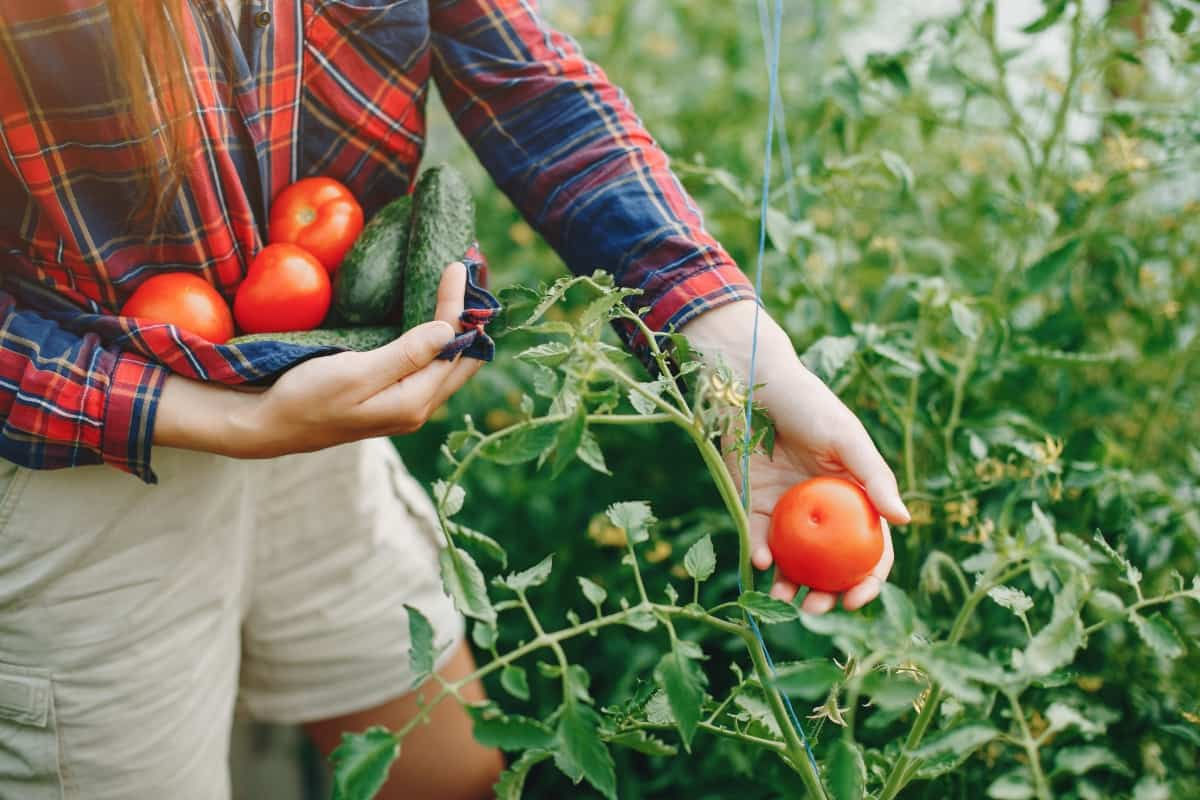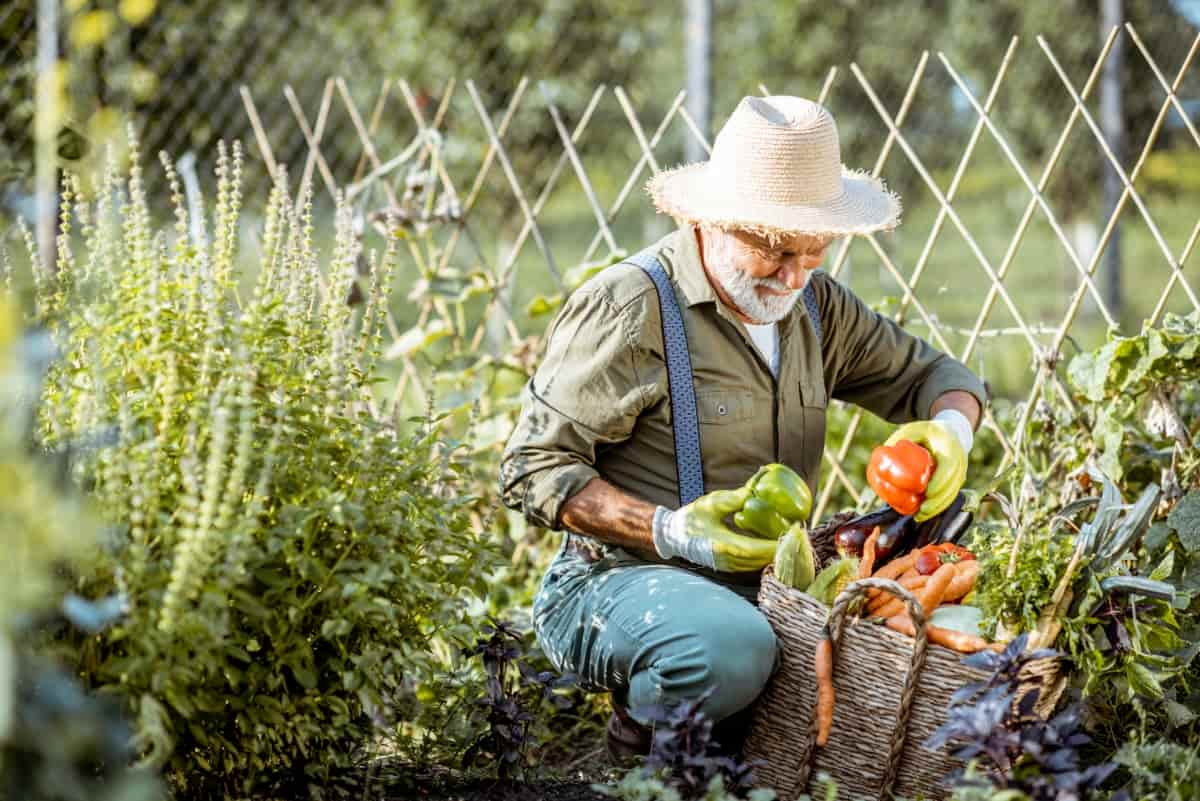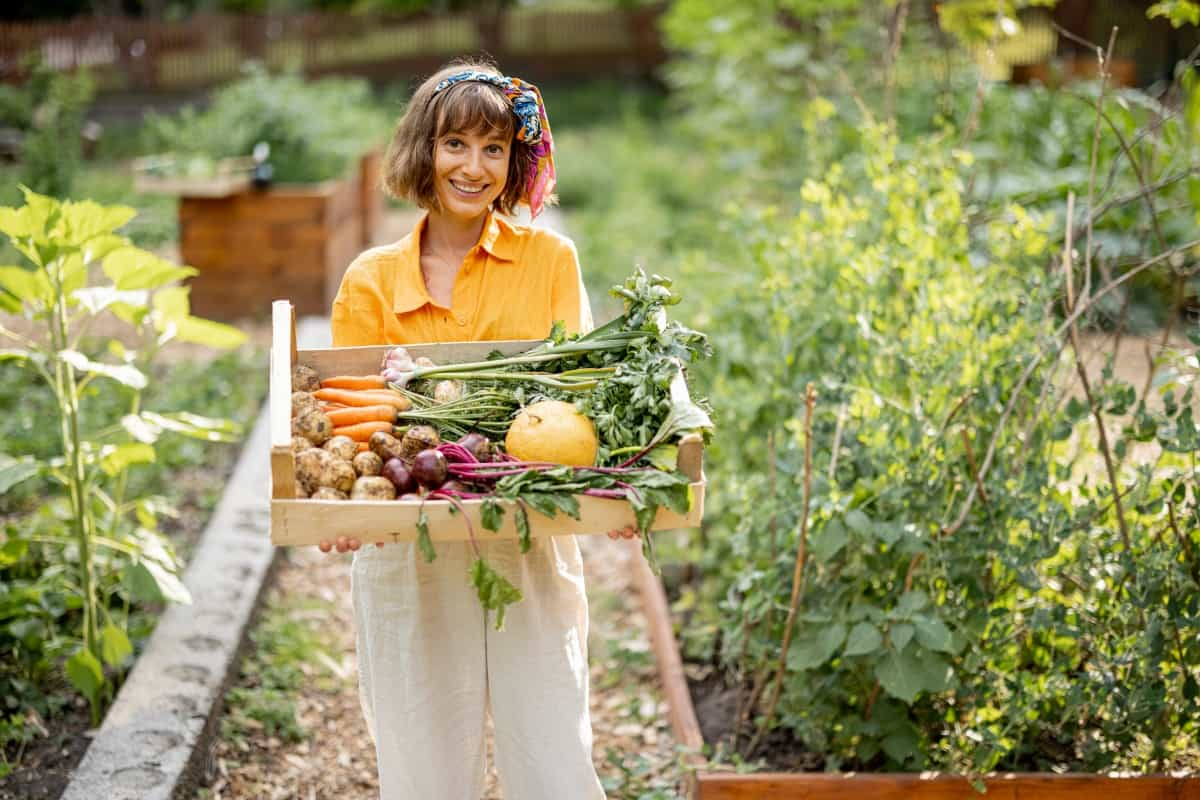Understanding the unique requirements of North Georgia’s climate is key to any successful gardening activity in this area. The North Georgia region, known for its rich and fertile soils, offers a climate that’s generally ideal for the cultivation of a wide range of vegetables. With four distinct seasons, each presents its unique challenges and opportunities.

Knowing the optimal planting dates and best vegetables to plant in this region is essential to maximize yield and maintain the health of your garden. This comprehensive guide will explore the North Georgia planting calendar for vegetables, offering crucial insights into the best practices and tips for year-round vegetable planting in this part of the state.
North Georgia Vegetable Planting Calendar
North Georgia Vegetable Planting Schedule
| Vegetable | Spring Planting Dates | Fall Planting Dates |
| Asparagus | Feb 1 – Mar 15 | – |
| Beans, Bush | Mar 15 – May 15 | July 15 – Aug 15 |
| Beans, Pole | Mar 15 – May 15 | July 15 – Aug 15 |
| Beets | Feb 15 – Apr 15 | July 15 – Aug 30 |
| Broccoli | Feb 1 – Mar 15 | July 15 – Aug 15 |
| Cabbage | Feb 1 – Mar 15 | July 15 – Aug 15 |
| Carrots | Feb 15 – Apr 15 | July 15 – Sept 1 |
| Corn | Mar 15 – May 15 | – |
| Cucumbers | Mar 15 – May 15 | July 15 – Aug 15 |
| Eggplant | Apr 1 – May 15 | – |
| Lettuce | Feb 1 – Apr 15 | Aug 1 – Sept 1 |
| Okra | Apr 1 – May 15 | – |
| Onions | Jan 15 – Mar 1 | – |
| Peas, English | Jan 15 – Mar 15 | – |
| Peppers | Apr 1 – May 15 | – |
| Potatoes, Irish | Feb 1 – Mar 15 | – |
| Radishes | Feb 15 – Apr 15 | Aug 15 – Sept 15 |
| Spinach | Feb 1 – Mar 15 | Aug 15 – Sept 15 |
| Squash, Summer | Mar 15 – May 15 | July 15 – Aug 15 |
| Squash, Winter | Mar 15 – May 15 | – |
| Tomatoes | Apr 1 – May 15 | – |
| Turnips | Feb 1 – Apr 15 | July 15 – Sept 1 |
Best Vegetables to Plant in North Georgia
Regarding the North Georgia region, certain vegetables thrive better than others due to the distinct climate. Cool-season crops such as lettuce, radishes, broccoli, and peas are perfect for spring and fall planting. During the summer, warm-season crops like tomatoes, cucumbers, squash, and bell peppers are ideal. While most traditional gardening ends with the onset of fall, root vegetables like garlic and onions can be planted during the winter, leading to a bountiful harvest come spring. Thus, understanding the best vegetables to plant during specific times of the year forms the crux of the North Georgia planting guide for vegetables.
North Georgia Planting Guide for Vegetables
The vegetable planting calendar for the North Georgia region revolves around understanding the different seasons and their respective planting opportunities. Spring planting usually commences in late February or early March, starting with peas, onions, and radishes that can tolerate the still-cool temperatures. As temperatures rise towards late April, crops like beans, cucumbers, and tomatoes can be planted. Summer planting mainly focuses on heat-loving vegetables.
Plant summer crops like okra, southern peas, and sweet potatoes from late May to July. During summer’s peak, ensure adequate watering to prevent your plants from wilting. Fall is a second opportunity to plant cool-season crops, similar to spring. Begin in late August with radishes, spinach, and lettuce; then, in late September, broccoli and cauliflower can be added. While the rest of the garden may seem dormant in winter, certain crops thrive. Garlic, shallots, and perennial herbs are excellent choices for planting during this time.
Optimal Planting Dates for North Georgia Vegetables
While the planting seasons offer a general guide, knowing the optimal planting dates for North Georgia vegetables provides even more precision. For cool-season crops, plant them in early spring once the soil is ready, usually from late February to early March. Warm-season crops are best planted after the last frost date, typically around mid-April. Autumn crops should be planted around 6-8 weeks before the first fall frost, usually around late August or early September. Winter crops like garlic and onions should be planted in late October to early November.
Recommended Vegetables for North Georgia Gardens
As per the climatic conditions of North Georgia, some vegetables are particularly recommended. Consider peas, onions, lettuce, broccoli, and radishes for spring. Summer lends well to tomatoes, cucumbers, squash, okra, southern peas, and sweet potatoes. The fall season is perfect for radishes, spinach, lettuce, broccoli, and cauliflower. And for the winter, garlic and onions are excellent choices.
In case you missed it: South Georgia Vegetable Planting Calendar: Gardening in Different Seasons and Month-Wise Schedule

Seasonal Vegetable Planting in North Georgia
Seasonal planting is key in North Georgia, presenting unique opportunities and challenges each season. Spring’s mild temperatures make it ideal for various vegetables, but frost can still pose a threat. Summer’s heat is perfect for sun-loving plants, but drought conditions can be an issue, necessitating regular watering.
Fall sees cooler temperatures returning, making it ideal for a second round of cool-season crops, although the shorter days mean less sunlight for plant growth. Winter may seem unlikely for planting, but some hardy plants can thrive, taking advantage of the cool temperatures and ample rainfall.
Vegetable Planting Tips for North Georgia Climate
Given the region’s climate, specific vegetable planting tips for the North Georgia climate exist. Ensure that your garden gets plenty of sun, at least six hours a day, as vegetables require ample sunlight. The soil should be well-draining but retain enough moisture to prevent it from drying out.
To enhance soil fertility and structure, add compost or organic matter. During hot summer months, ensure regular watering is maintained. Control weeds and conserve soil moisture by applying mulch. Proper plant spacing encourages air circulation and prevents the spread of diseases. Rotate crops annually to prevent soil-borne diseases and pests.
Year-Round Vegetable Planting in North Georgia
A diverse range of vegetables can be grown year-round in North Georgia, taking advantage of the region’s climate and soils. Gardeners can enjoy a continuous harvest by selecting the right crops for each season. Start with cool-season crops in the early spring, transition to warm-season crops in the summer, plant a second round in the fall and finish the year with hardy winter crops. With these guidelines, enjoy a fruitful gardening experience in North Georgia, yielding fresh and tasty vegetables year-round.
In case you missed it: South California Vegetable Gardening/Planting Calendar: Know What to Grow in Different Seasons and Months

Conclusion
The North Georgia vegetable planting calendar, revolves around understanding the distinct climate and choosing the crops for each season. From selecting the best vegetables for each time of the year to knowing the optimal planting dates, these elements ensure a flourishing and abundant vegetable garden. With this comprehensive guide, you can confidently plan your vegetable garden in North Georgia, ensuring a rewarding harvest throughout the year.
- Feed Your Flock for Less: Top 10 Tips to Save on Chicken Feed
- Ultimate Guide to Ossabaw Island Hog: Breeding, Raising, Diet, and Care
- Hatching Answers: The Top 10 Reasons Your Chickens Aren’t Laying Eggs
- Eggs and Economics: Breaking Down the Cost of Raising Backyard Chickens
- Defend Your Greens: Proven Methods to Keep Iguanas Out of Your Garden
- Ultimate Guide to Cinnamon Queen Chicken: A Comprehensive Guide for Beginners
- Ultimate Guide to California Tan Chicken: Breeding, Raising, Diet, Egg-Production and Care
- Ultimate Guide to Marsh Daisy Chicken: Breeding, Raising, Diet, and Care
- 10 Types of Chicken Farming Businesses You Can Start for Profits